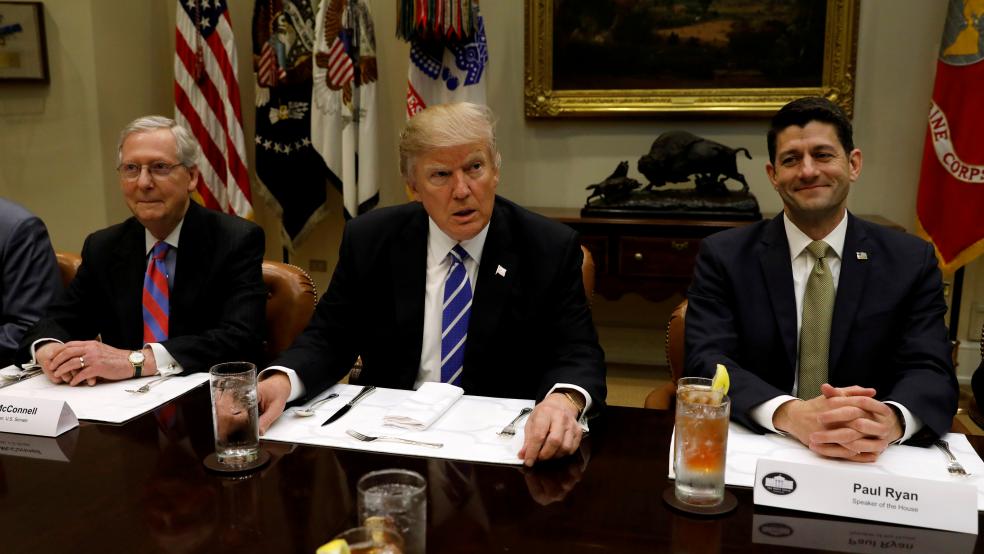Most economists say it will take years to fully evaluate the effectiveness of the Tax Cuts and Jobs Act, but Greg Leiserson, director of tax policy at the Washington Center for Equitable Growth, isn’t one of them. Writing as part of the American Enterprise Institute’s ongoing series on the 2017 tax legislation, Leiserson says that in-depth analyses by multiple non-partisan sources based on extensive historical data predicted that the TCJA would be regressive and would drive up the deficit – and that’s more or less what we’ve seen since the law went into effect.
Here’s Leiserson:
“Future studies of the TCJA will certainly nuance — and potentially change — economists’ understanding of taxation. The labor share of the corporate tax assumed by economists at the Joint Committee on Taxation might be too high or too low. They may have assumed that the extent to which corporations shift profits abroad for tax purposes would respond by too much or too little. Economists at the Congressional Budget Office may have assumed that the location of investment decisions was too sensitive — or not sensitive enough — to the incentives the corporate tax system created.
Yet over a wide range of possible assumptions on all these points, the same conclusion would result: The legislation was a regressive, deficit-increasing tax cut. Indeed, that’s part of the reason that analysts from the left, right, and center have all concluded that the law was exactly that.”
The most important question, Leiserson says, is not how the TCJA has affected economic growth – through the evidence seems pretty clear that the effects have been relatively modest, at best – but how the legislation performs relative to other possible policy options. For example, would the roughly $2 trillion in revenues lost to the tax cuts, which overwhelming benefited upper-income households, have been better used to invest in infrastructure or public health?
“These are some of the alternative choices that Congress could have made instead of enacting the TCJA,” Leiserson writes. “And it’s only by comparing the law to one of these alternative uses of the funds that a reasoned judgment can be made about whether it was desirable.”




